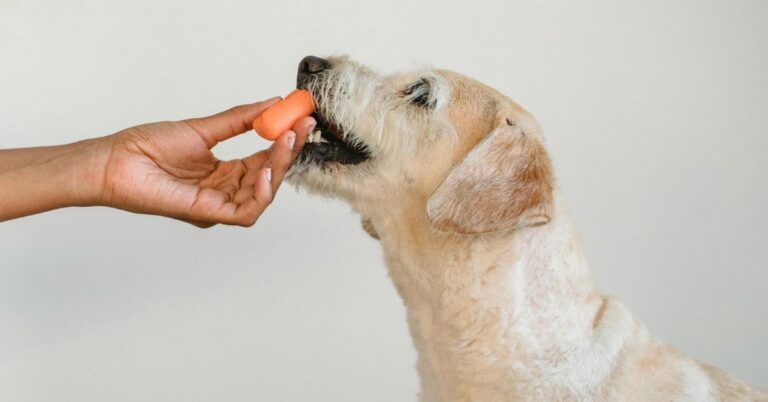30 Dangerous Foods Your Dog Should Never Eat
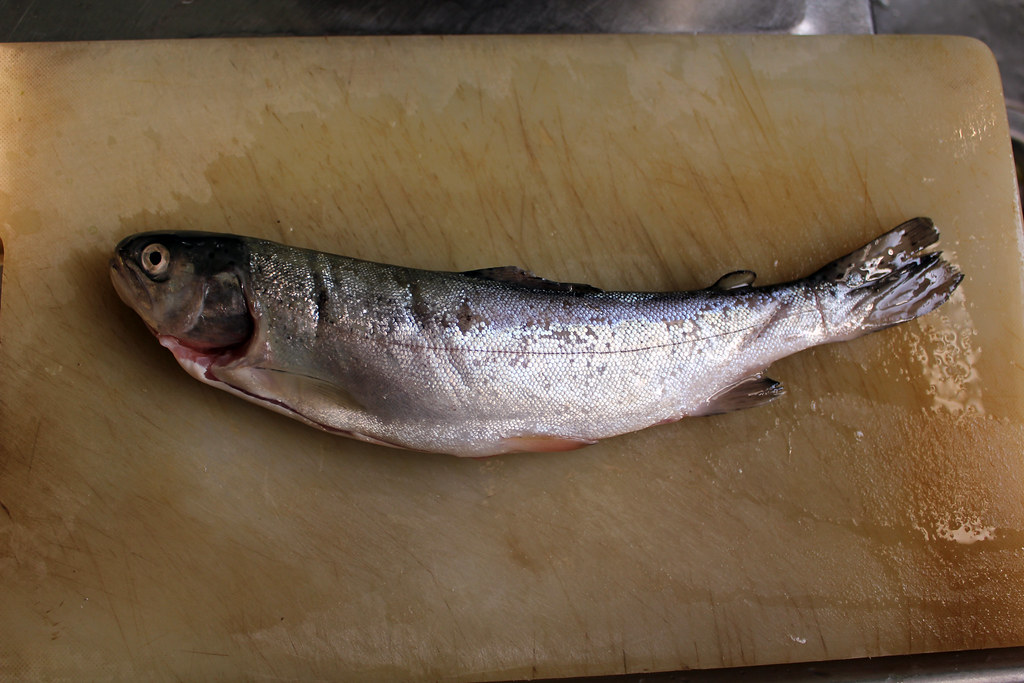
Many of us occasionally cave and share a bite of our meal or snack with our furry friend. What’s the harm, right? Well, some human foods can actually be dangerous for dogs. So before slipping your pup a scrap, it’s important to know which foods could send them straight to the emergency vet. Here are 30 things your dog should never consume.
Alcohol

Alcohol hits a dog’s liver and brain the same way it does in humans, but it takes a lot less amount to harm them. Even a tiny bit of beer, liquor, wine, or food with alcohol can be very dangerous. It can cause vomiting, diarrhea, trouble with coordination, breathing issues, coma, or even death. And if your dog is small, it’s even worse.
Onions and Garlic
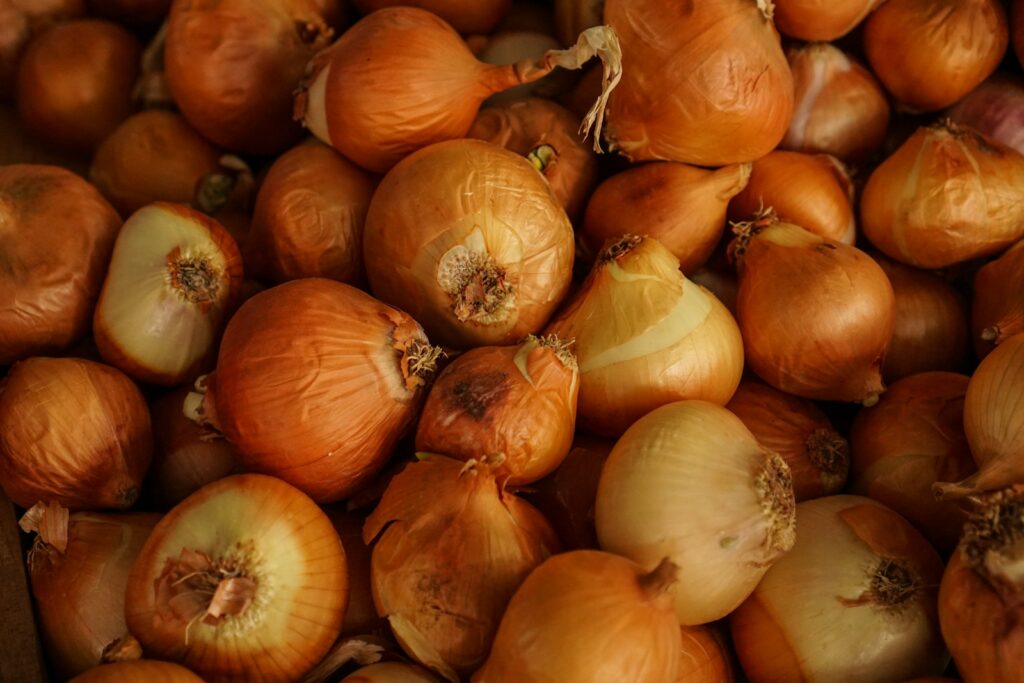
Keep onions and garlic—whether powdered, raw, cooked, or dehydrated—away from your dog. They can harm your pet’s red blood cells and cause anemia. That even goes for onion powder in some baby food. Eating a lot in one go can lead to poisoning. Watch out for signs like weakness, vomiting, and trouble breathing.
Cherries
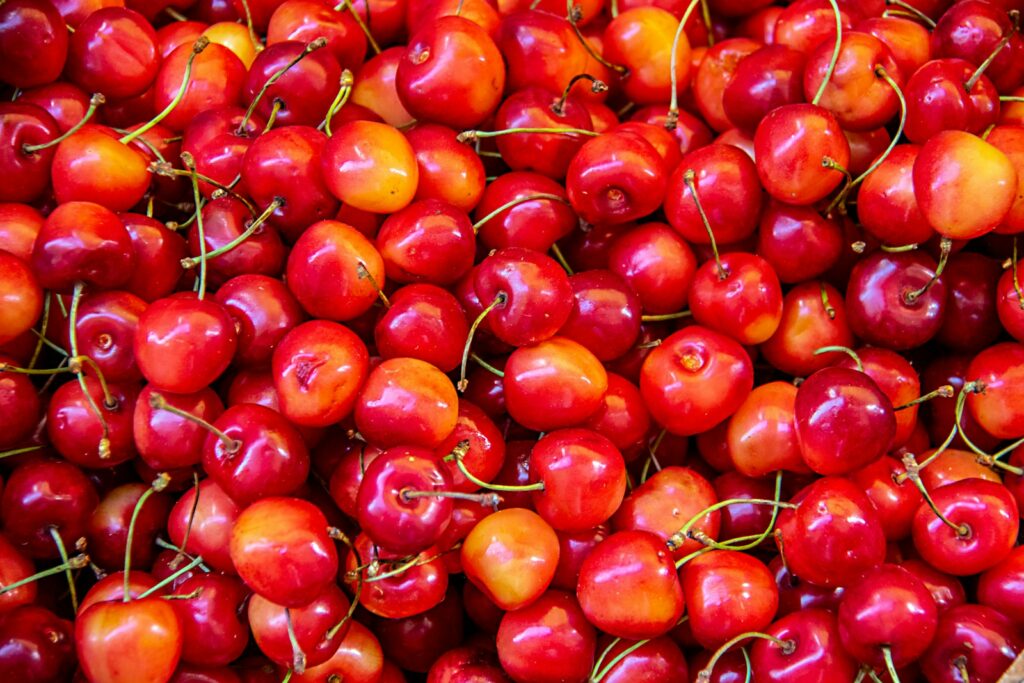
The stems, leaves, and pits of cherries have cyanide, which can be deadly if your dog eats enough of it. Cyanide messes with tissues by stopping them from using oxygen properly. The only part of the cherry without cyanide is the fleshy bit around the pit. But we wouldn’t recommend giving that to your dog, either. Cherries can easily get stuck in your pup’s throat and become a choking hazard.
Avocado
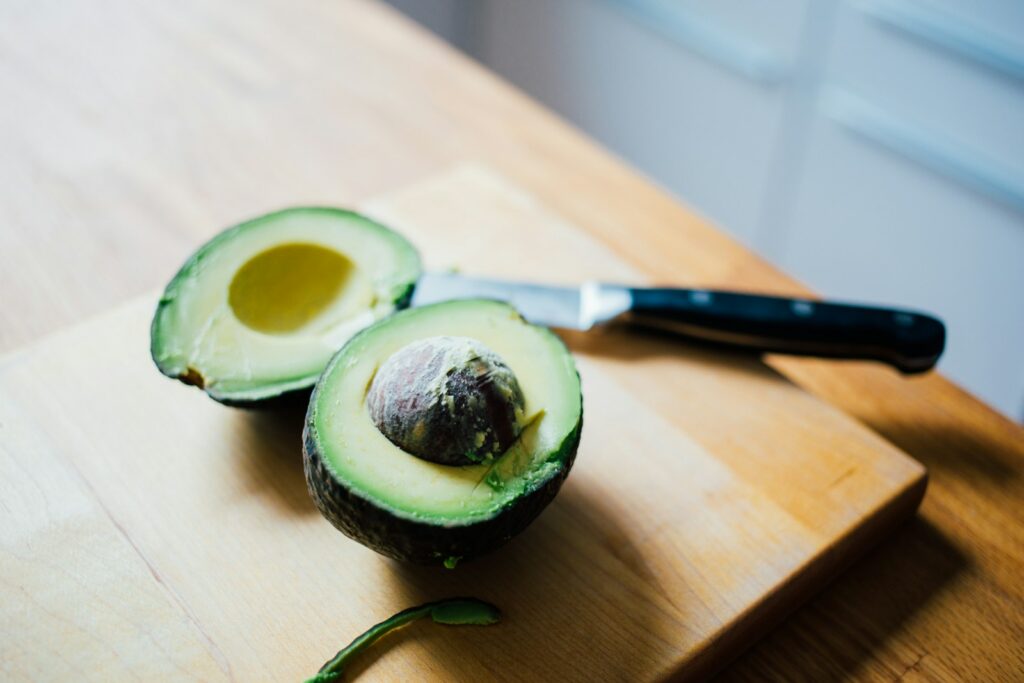
Your dog shouldn’t be eating avocados. They’ve got persin, a toxin that can lead to vomiting and diarrhea in dogs and can even be deadly in larger doses. Plus, avocado pits are a choking hazard and can cause serious blockages. While avocados are healthy for us, they’re way too fatty for dogs and can increase the risk of pancreatitis. Even small amounts might be okay, but they can still mess with your dog’s stomach.
Broccoli
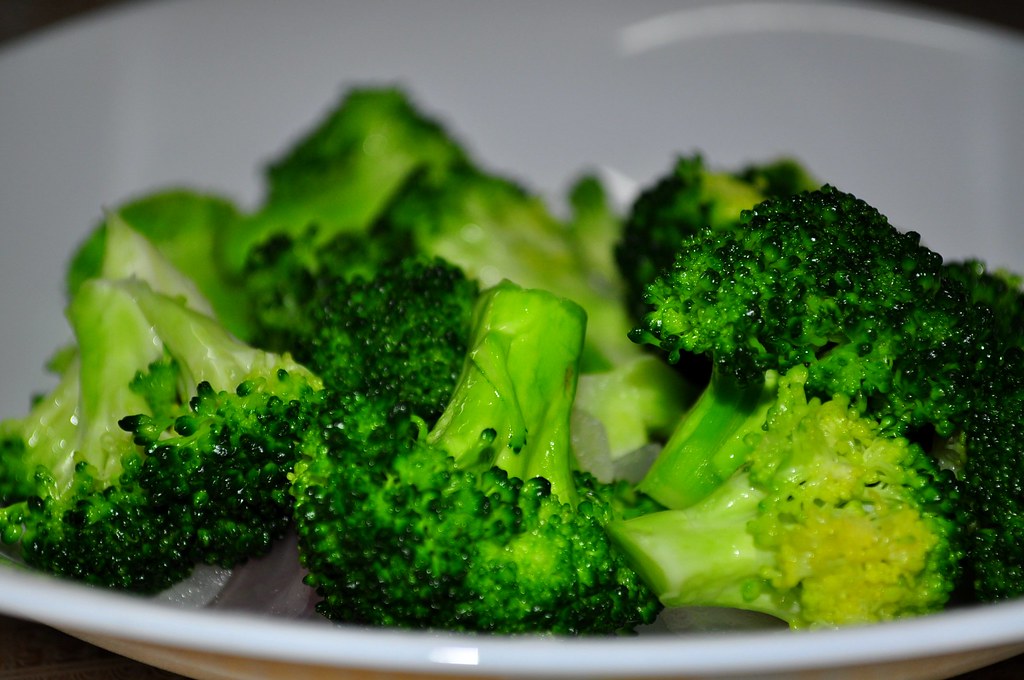
Broccoli has isothiocyanates, which can be harmful to pets in large doses. While small amounts of broccoli can be fine every now and then, it’s probably best to avoid it since there are tons of healthier options out there. Plus, those broccoli stalks can sometimes get stuck in a dog’s throat, causing an obstruction.
Coffee, Tea, and Other Caffeine

Give your dog some toys if you want them to stay playful. Caffeine can be dangerous. Keep an eye out for coffee and tea, including the beans and grounds. Make sure your pup stays away from cocoa, chocolate, colas, and energy drinks. Caffeine can also pop up in some cold meds and painkillers. If you think your dog got into caffeine, rush them to the vet ASAP.
Grapes and Raisins
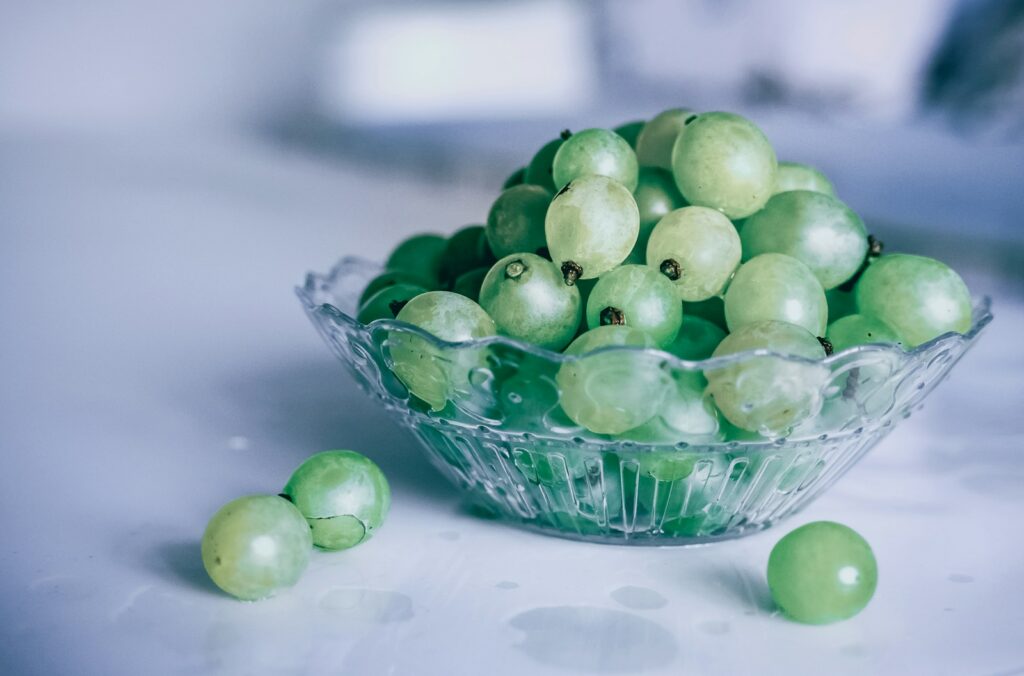
There are way better treats to give your dog. Grapes and raisins can cause kidney failure. Vomiting over and over is one of the early signs. Within a day, your dog might start to feel sluggish and down. Remember that just a few grapes or raisins can potentially lead to sudden kidney failure in your pup. So, keep these far out of reach!
Macadamia nuts

Keep your dog away from macadamia nuts and any foods that have them in the mix. Just a few macadamia nuts can make your dog very sick. So, look out for symptoms like muscle shakes, vomiting, a high temperature, and weakness in their back legs. If they munch on chocolate with the nuts, it can make everything worse and might even lead to death.
Mushroom
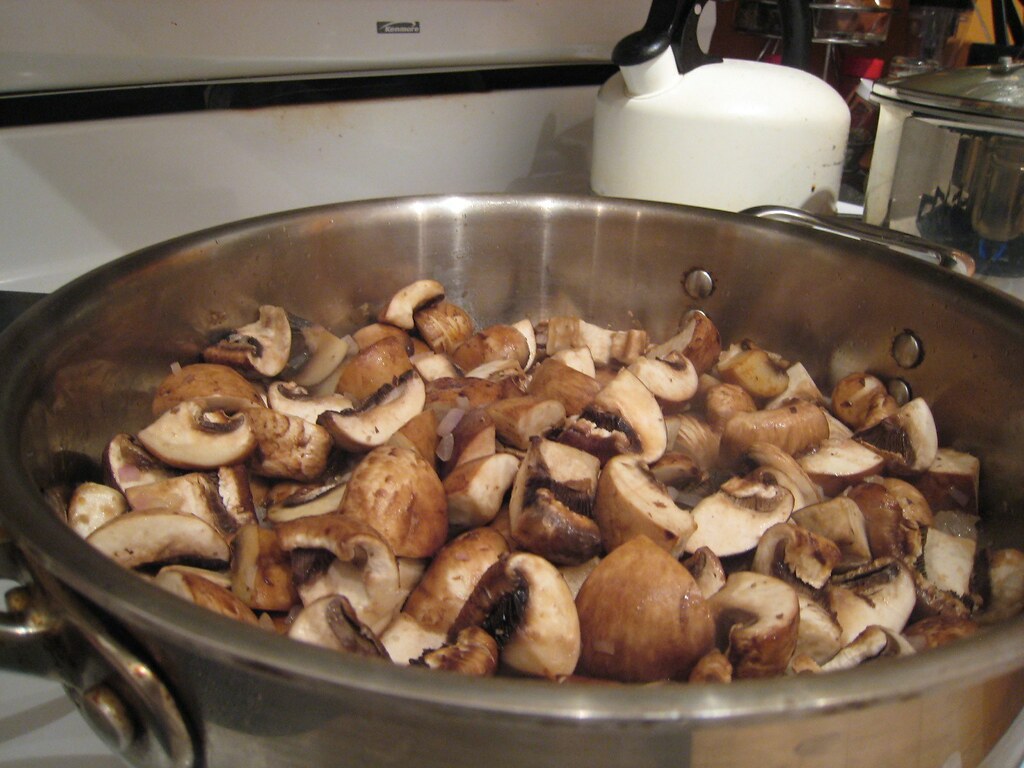
While only a small number of mushroom species are known to be poisonous to dogs, the ones can be deadly. Figuring out which mushrooms are which can be tricky, even for the experts. So you can never be sure your pup is getting a safe kind. Just one bite of a toxic mushroom could be fatal. It’s best to skip the fungi to keep things in control.
Tomatoes and Potatoes
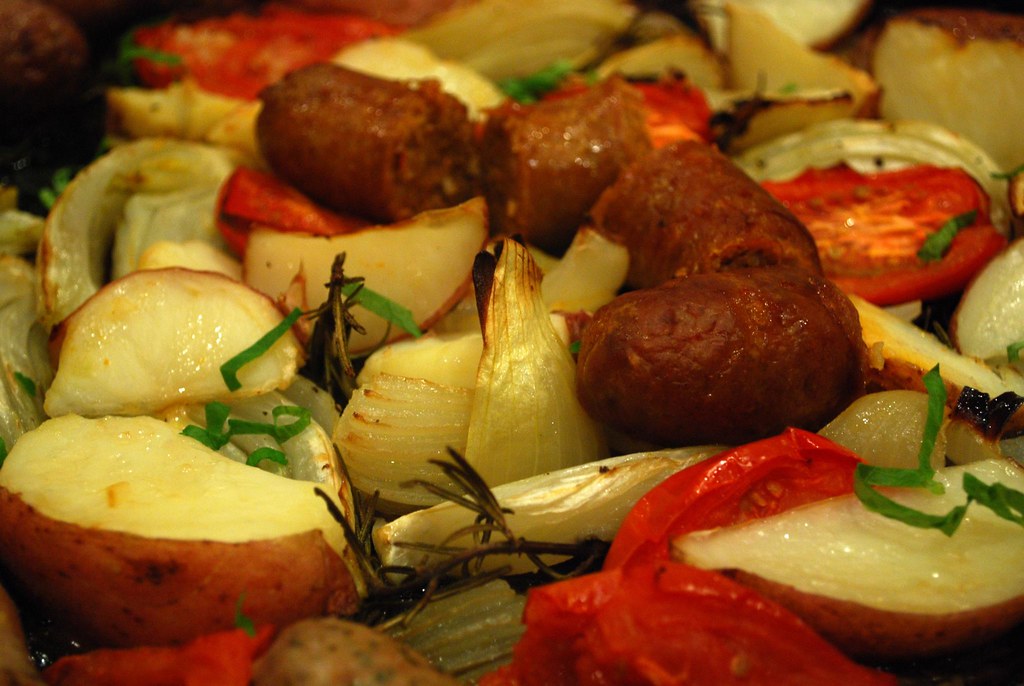
Tomatoes and potatoes are a bit of a mixed bag—safe in some forms and unsafe in others. A ripe red tomato is usually fine. However, the green parts of the tomato plant have solanine, which is toxic to dogs. Potatoes are the same deal. If baked or boiled without any additives, they’re generally safe in small amounts. But raw potatoes have solanine, again, which is toxic to your pup.
Chocolate
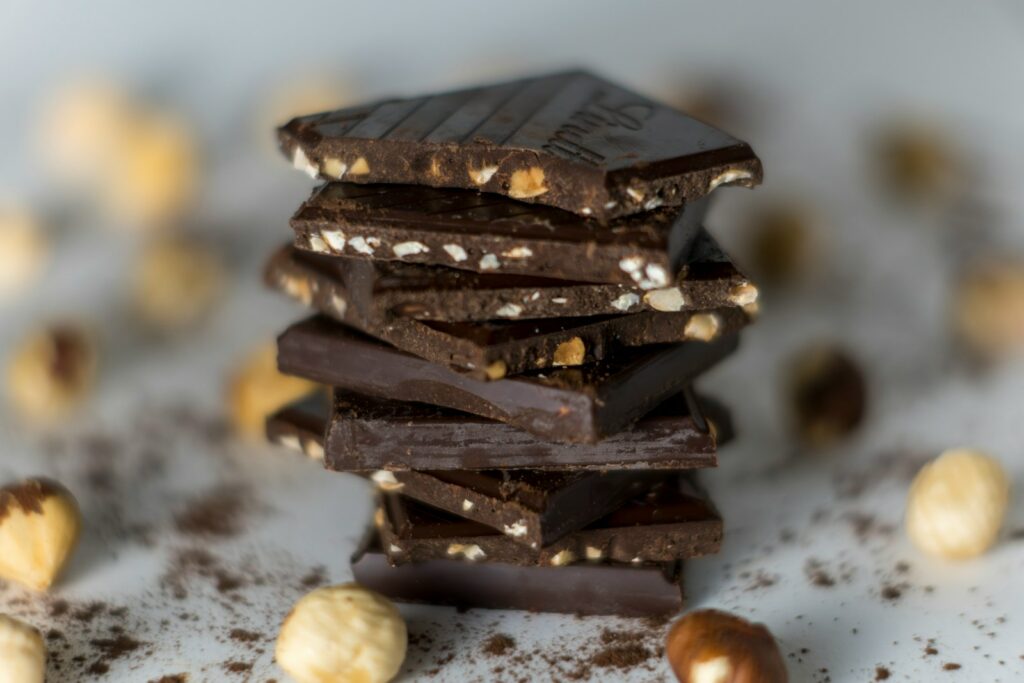
Chocolate toxicity is one of the biggest reasons pets get poisoned during the holidays. Chocolate has a nasty component called theobromine—the darker the chocolate, the more theobromine it has. It also has caffeine, and some sugar-free chocolate may have xylitol, which is toxic to dogs. Dogs and cats just can’t handle chocolate like we can. Dark chocolate or baker’s chocolate are the worst offenders, but honestly, any type of chocolate can be a problem.
Persimmons, Peaches, and Plums
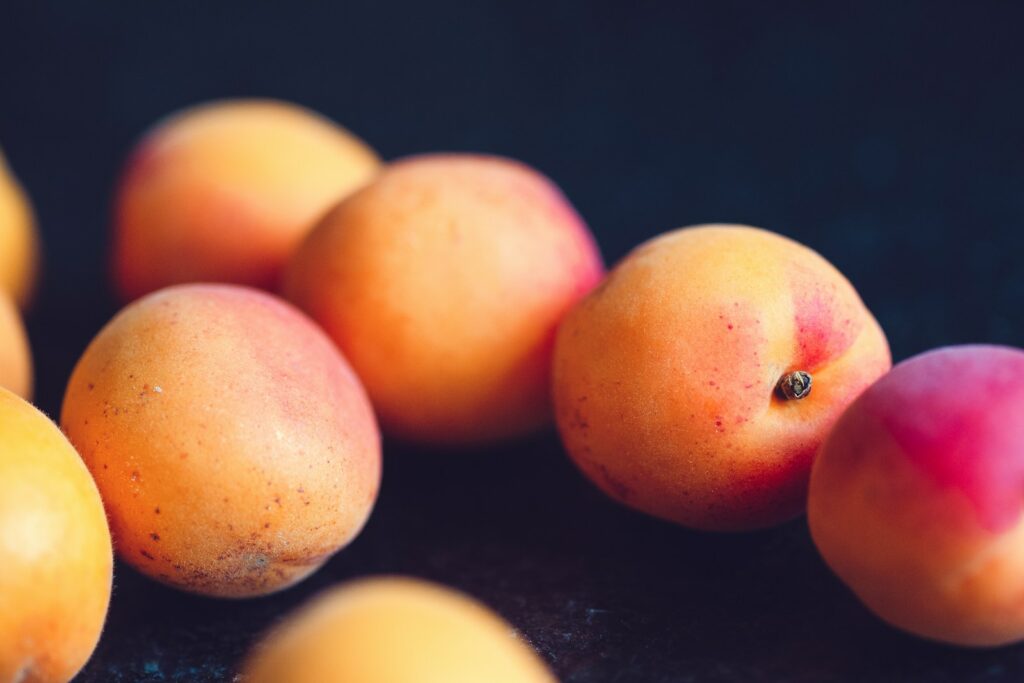
The trouble with these fruits is the seeds or pits. Seeds from persimmons can mess with a dog’s small intestine and can even block it up. The same goes for pits from peaches or plums. Plus, those peach and plum pits have cyanide, which is toxic to both people and dogs. Humans know not to eat them—but dogs don’t.
Raw Eggs
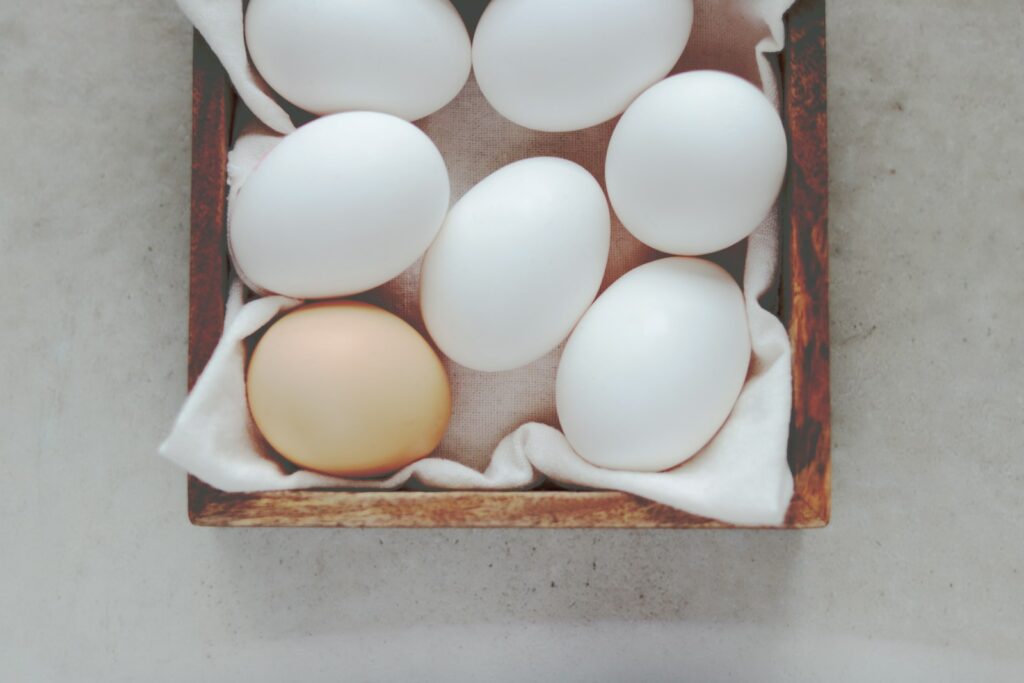
Some people put their dogs on a “raw diet” that includes uncooked eggs. But major veterinary medical associations don’t think that’s a great idea. There’s a good chance your pup can get food poisoning from nasty bacteria like salmonella or E. coli. If you’re wondering about giving your dog eggs, it’s a good idea to talk to your vet.
Milk & Dairy Products

Milk and other dairy products should be evaluated on a case-by-case basis. Some dogs can drink milk or enjoy dairy products without any issues. However, some are lactose intolerant or allergic and might end up with diarrhea and gas if they have cow’s milk. Ice cream is a big no for pups due to the lactose, high sugar, and high-fat content.
Nutmeg
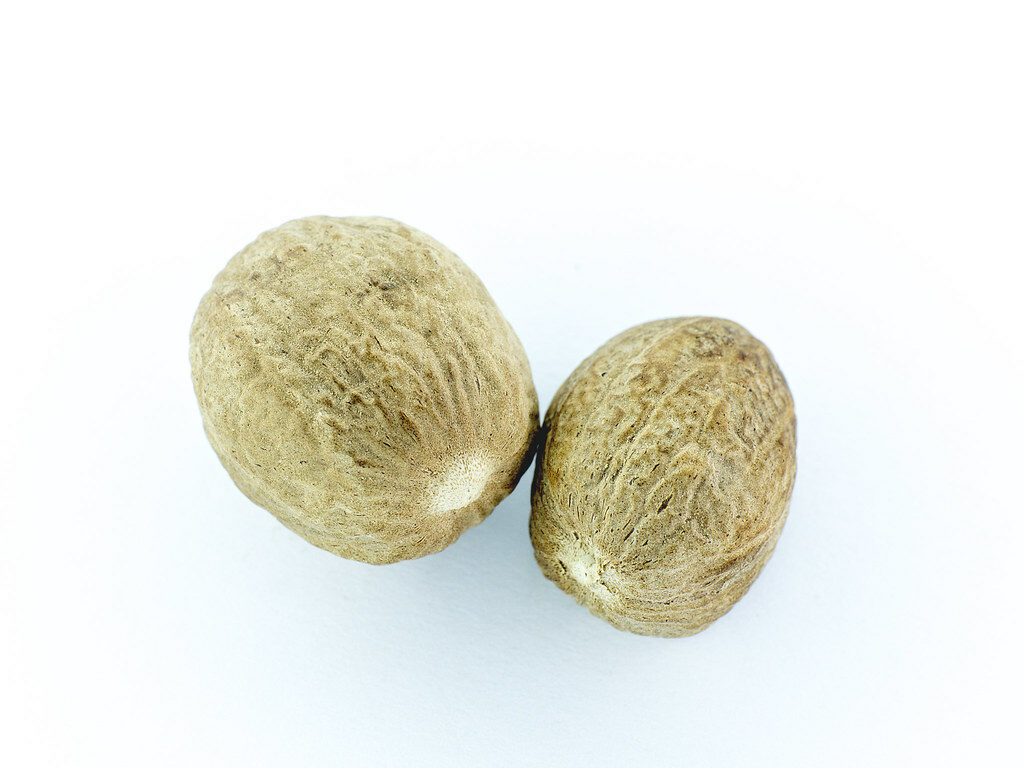
Dogs should never be fed any foods with nutmeg. This spice can cause hallucinations and serious vomiting. So, even if your pup is begging for a cookie spiced with nutmeg, don’t give in. The troublemaker is myristicin, a compound in nutmeg. Its effects are strongest when eaten in big amounts or if a small dog gets into it. If your dog manages to munch on any nutmeg, make sure to call your vet for advice.
Salt
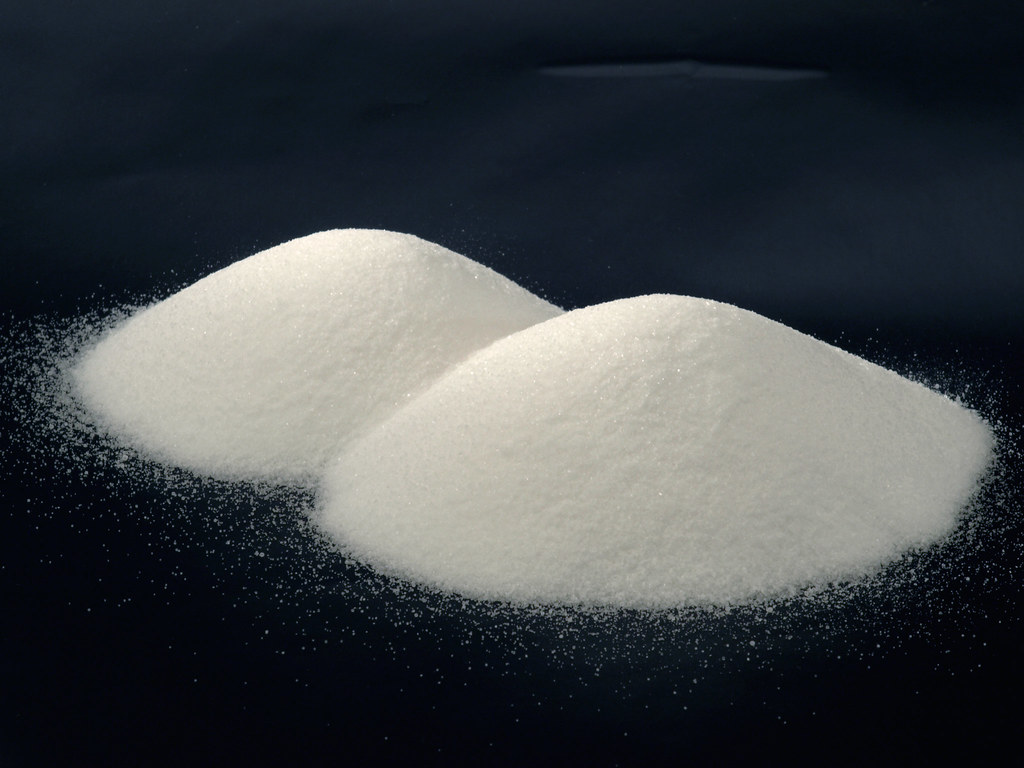
Too much salt can throw off the fluid balance in your dog’s cells. Excessive salt can also cause tremors, seizures, and even coma. So whether your pup is begging for a bite of something with rock salt, homemade playdough, or potato chips, don’t let those sad eyes put their health on the line.
Yeast & Raw Dough
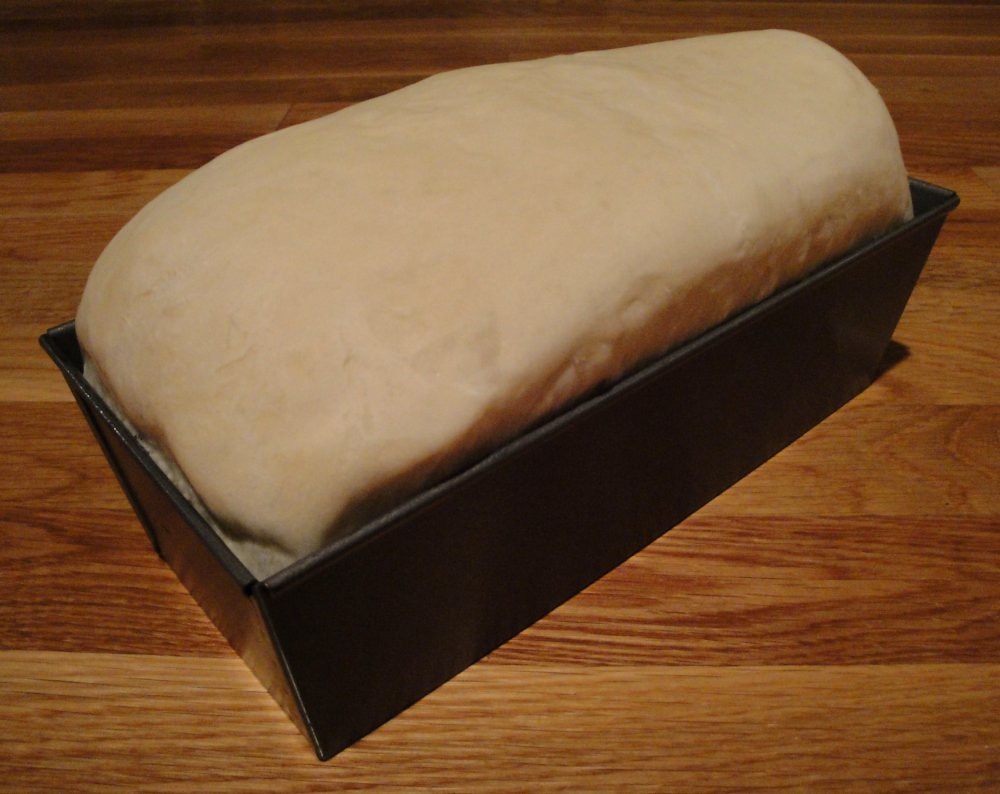
Yeast and raw dough are a no-go for dogs for a few reasons. The raw dough can grow in your dog’s stomach, causing serious pain and even life-threatening issues like torsion or rupture. On top of that, the sugar and yeast in raw dough can ferment—which can lead to alcohol toxicity. This can get fatal really fast and requires immediate medical help.
Your Medicine
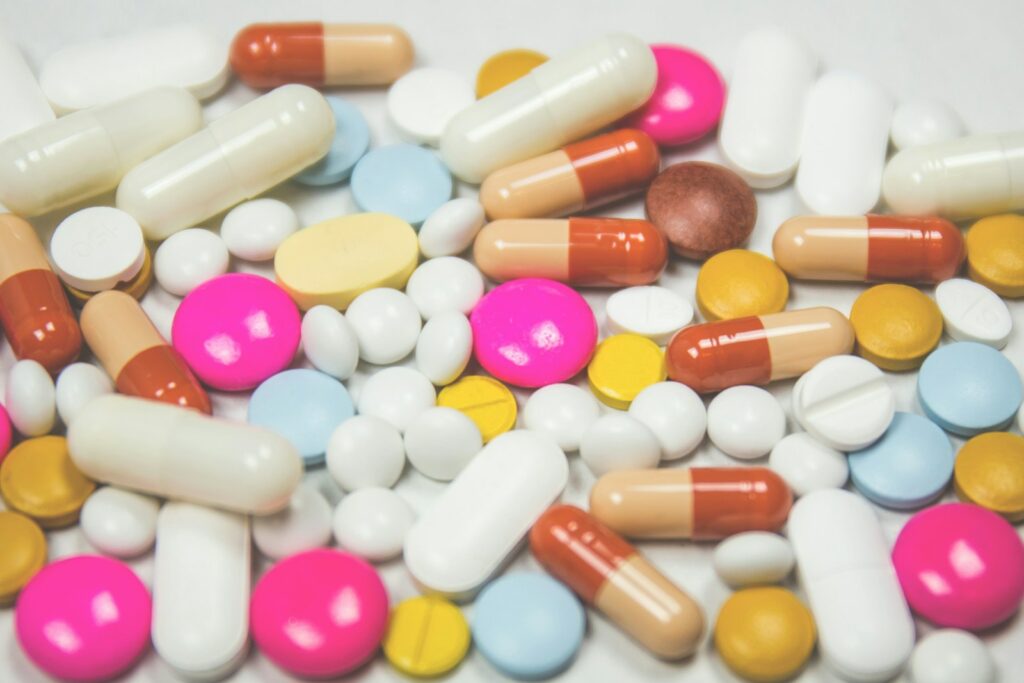
Dogs shouldn’t take human medicine. It can make them really sick. Just like you do for your kids, keep all meds out of your dog’s reach. And never give your pup any over-the-counter medicine unless your vet says it’s cool. Ingredients like acetaminophen or ibuprofen are often found in pain relievers and cold meds, and they can be deadly for your dog.
Raw Meat and Fish
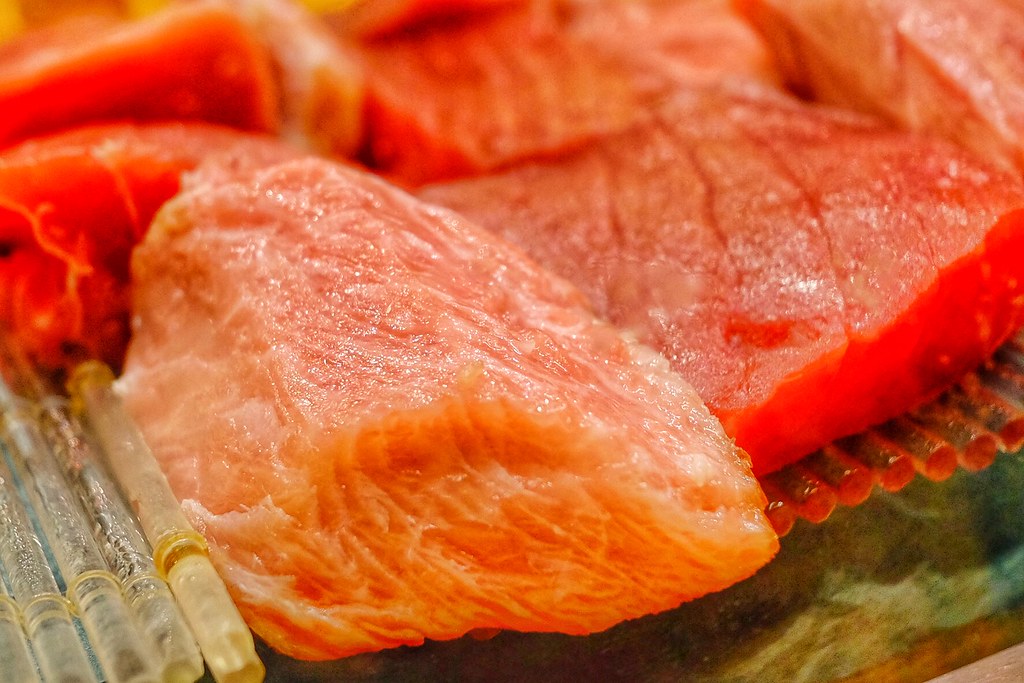
Just like raw eggs, raw meat, and fish have bacteria that can cause food poisoning. Some fish, like salmon, shad, trout, or sturgeon, can also have a parasite that leads to “fish disease” or “salmon poisoning disease.” It’s treatable, but you need to get help right away. The first signs include vomiting, fever, and swollen lymph nodes. Be sure to cook the fish all the way to kill off the parasite.
Sugar-Free Gum & Candy

Xylitol is a sweetener that pops up in a lot of human foods, like sugar-free gum and candy. But for dogs, it can cause a rapid drop in blood sugar, which leads to weakness and even seizures. Some dogs might also end up with liver failure. In fact, cases of dog poisoning from this artificial sweetener, which is also found in sugar-free baked goods, are on the rise.
Tobacco
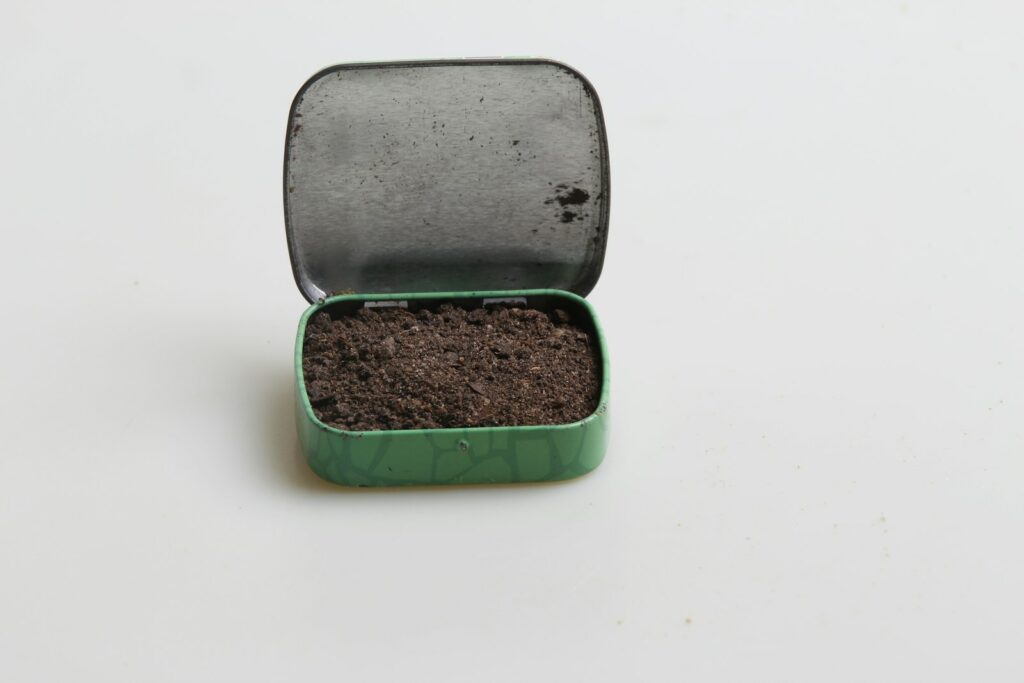
Tobacco is super dangerous and unhealthy for your pup. More exposure or frequent snacking on it can lead to blue gums, coma, and could even be fatal. Dogs are naturally curious and might stumble upon a cigarette left on the sidewalk during your walk or dig through an ashtray full of butts. If your dog gets into tobacco, act fast and take them to the vet right away.
Foods High in Oxalic Acid
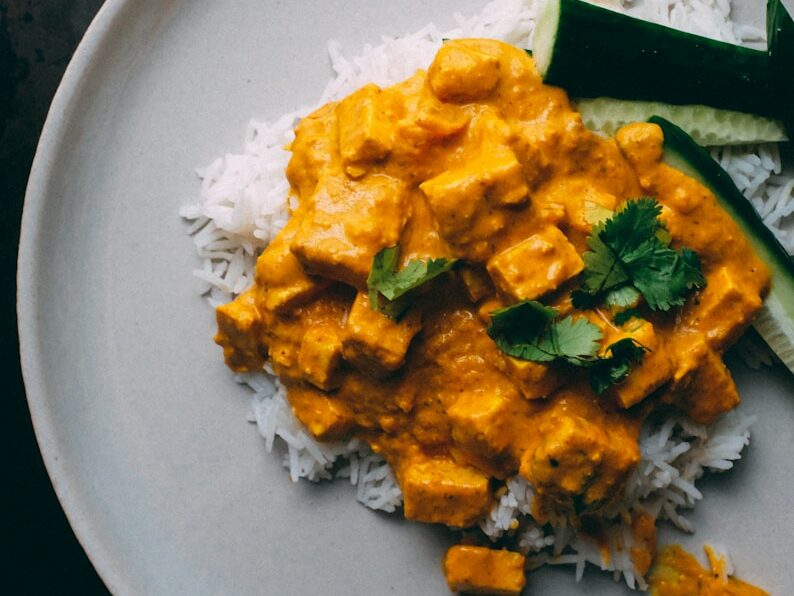
Oxalic acid is the classic double-edged sword. It’s found in nutritious foods like almonds, tofu, and spinach. But it can bind with magnesium or calcium and turn into oxalate crystals. That’s where the trouble starts—it can cause serious and dangerous drops in these minerals. Calcium oxalate can lead to kidney damage.
Cheese
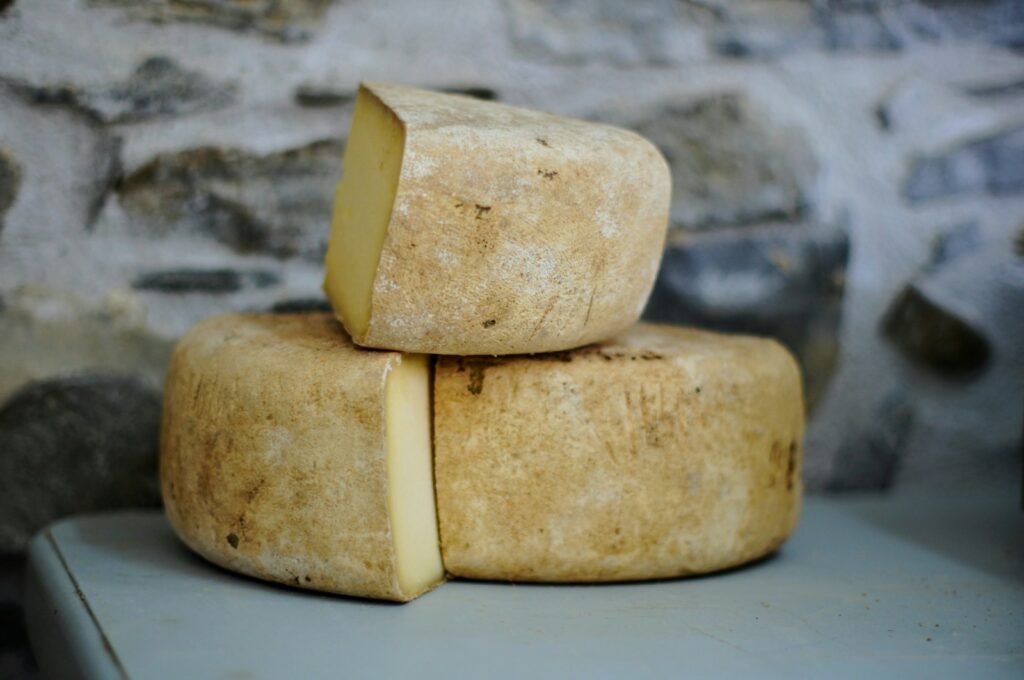
Cheese is usually safe for most pups to munch on in small amounts. However, because of its fat and lactose content, some dogs might experience digestive issues after having it. To keep things smooth—it’s a good idea to introduce cheese into your dog’s diet gradually. Sticking with low-fat cheeses (like mozzarella) can also be a savvy move.
Cashews
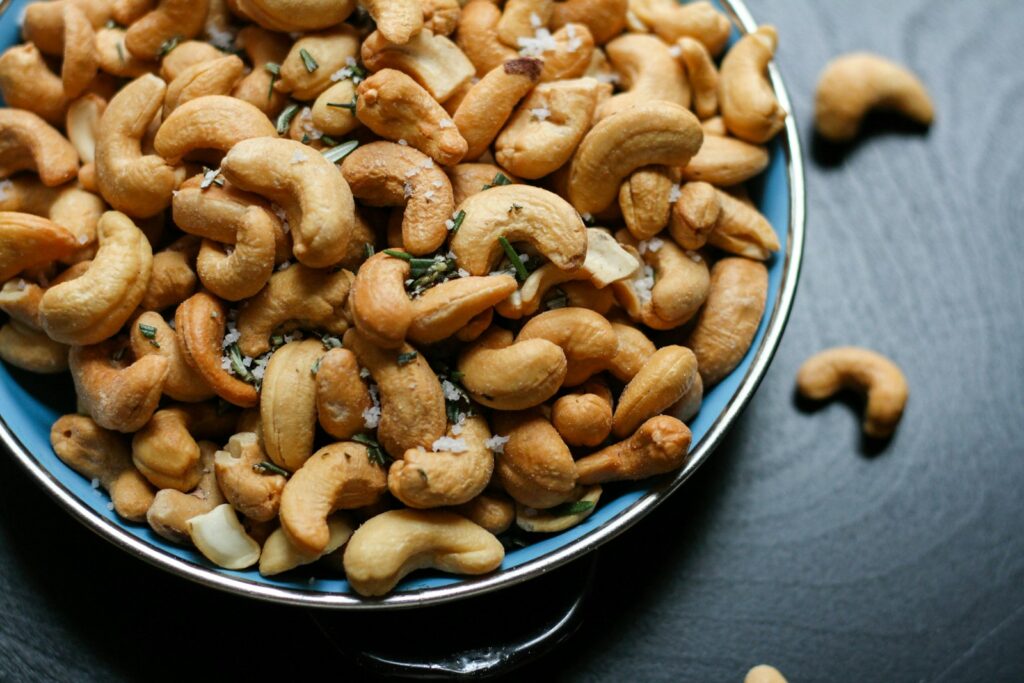
You should keep your dog’s cashew intake on the low side. Plain, unsalted, and roasted cashews are usually safe for most dogs to munch on in moderation. However, since cashews are high in fat and calories—they can cause weight gain and pancreatitis if your pup eats too many. So it’s a good idea to limit your dog to just one or two cashews a day, or even less.
Cinnamon
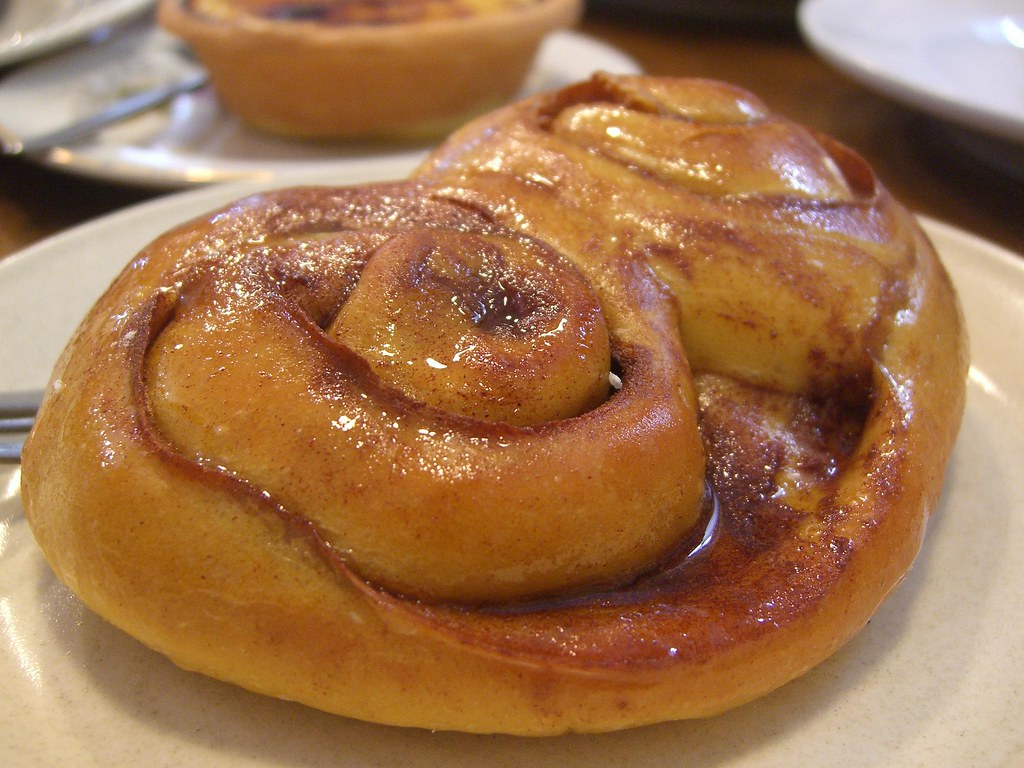
Cinnamon isn’t toxic to dogs, but it’s best to keep it limited in your dog’s diet. If dogs eat too much cinnamon, it can upset their mouths and digestive systems. Plus if your pup inhales cinnamon powder, it could cause coughing, choking, and super serious breathing problems. Even treats that have cinnamon in them can cause issues if your dog goes overboard.
Honey
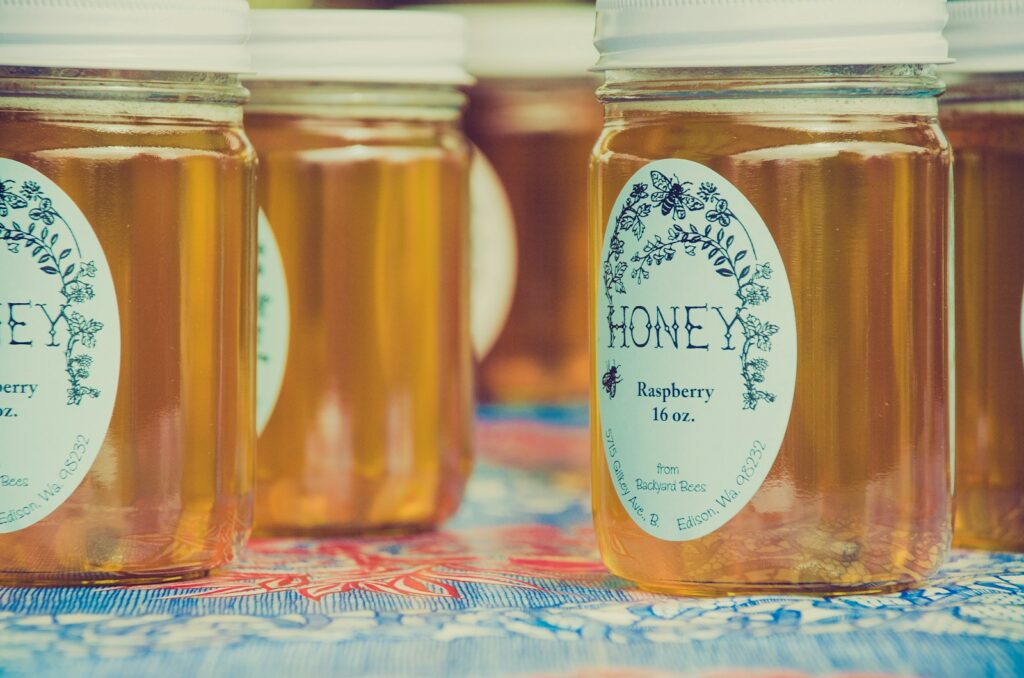
You should only give honey to your dog in small amounts. Honey is high in sugar, which can add up in calories and direct to weight gain if your dog has too much. If you want to treat your pup to some honey every now and then, it’s best to stick to just a tiny bit.
Peanuts
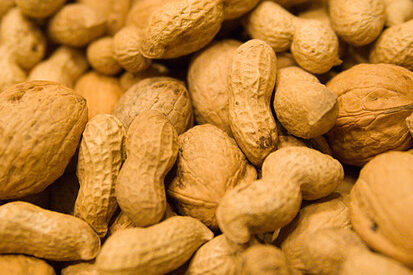
Just like other nuts, peanuts are high in fat and can increase weight and pancreatitis if your dog munches on too many. Plus, peanuts often come with added ingredients like salt, which can be bad for dogs. If you’re going to give your pup peanuts—it’s best to stick to just a few plain ones at a time.
Mustard
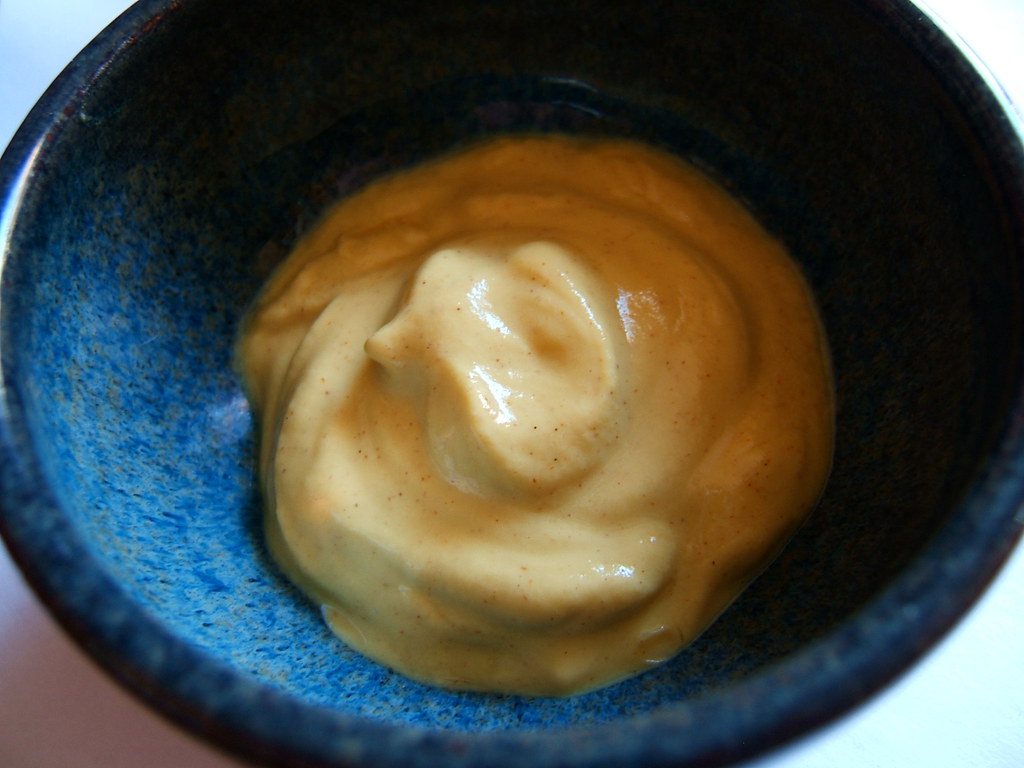
Mustard comes from the ground seeds of the plant and packs a chemical called isothiocyanate, which is also in cruciferous veggies like kale and broccoli. If your pup eats too much of this stuff—it can upset their stomach and lead to gastroenteritis. Keep an eye out for signs like tummy aches, vomiting, and drooling if they happen to munch on some mustard!
Bones
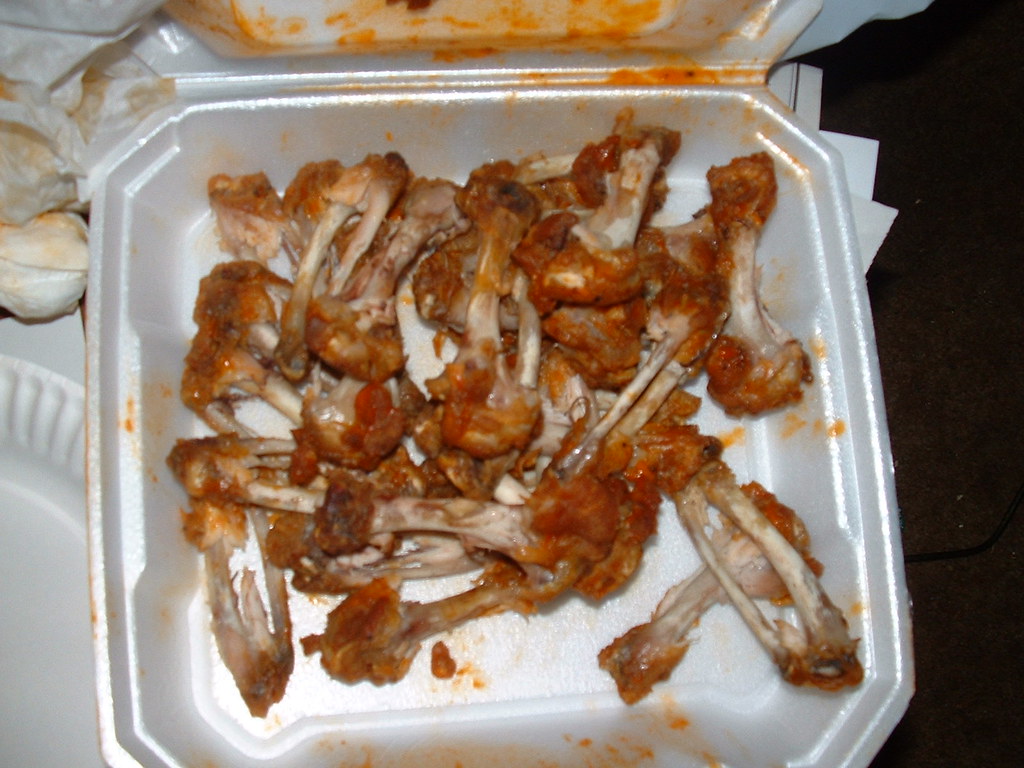
We all picture a dog happily chewing on a bone. But that can also lead to some super serious problems, especially if the bone splinters. Your pup could hurt their mouth or even damage their teeth while gnawing away. If they swallow any sharp bits, it could cause a gastrointestinal blockage, and that’s definitely a medical emergency.
Moldy Foods
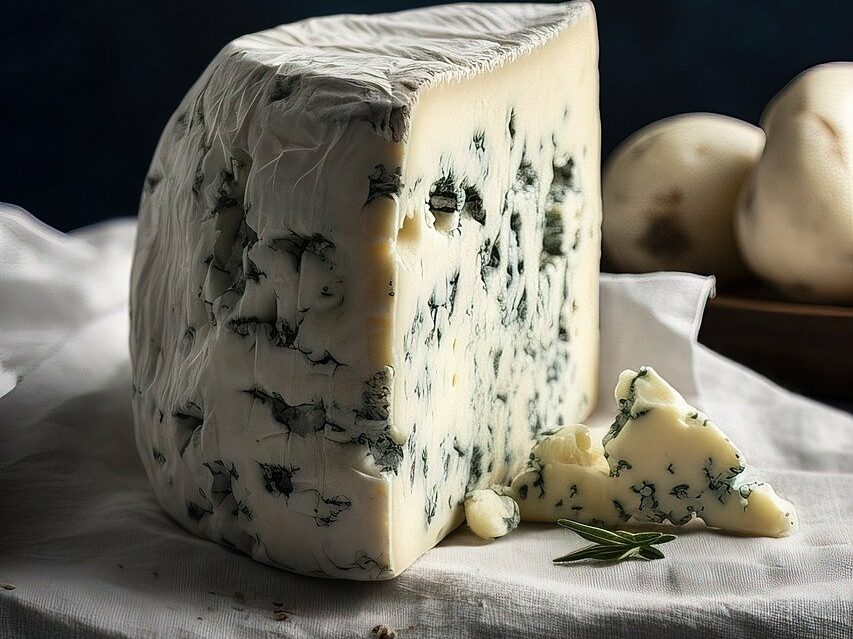
Dogs are notorious for being garbage guts when it comes to food. If it’s within reach, they’re all over it! Unfortunately, munching on moldy food can expose your pup to nasty mycotoxins, leading to a condition called tremorgenic mycotoxicosis. This fungal issue can cause vomiting and tremors just hours after they eat it.


